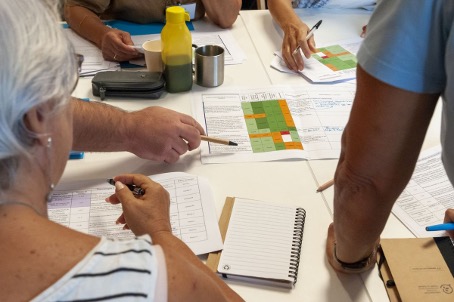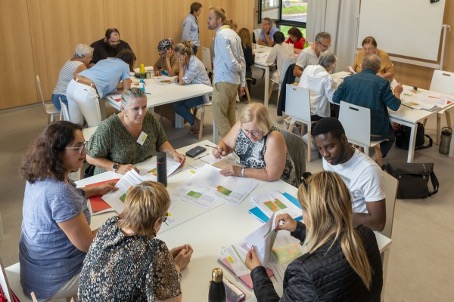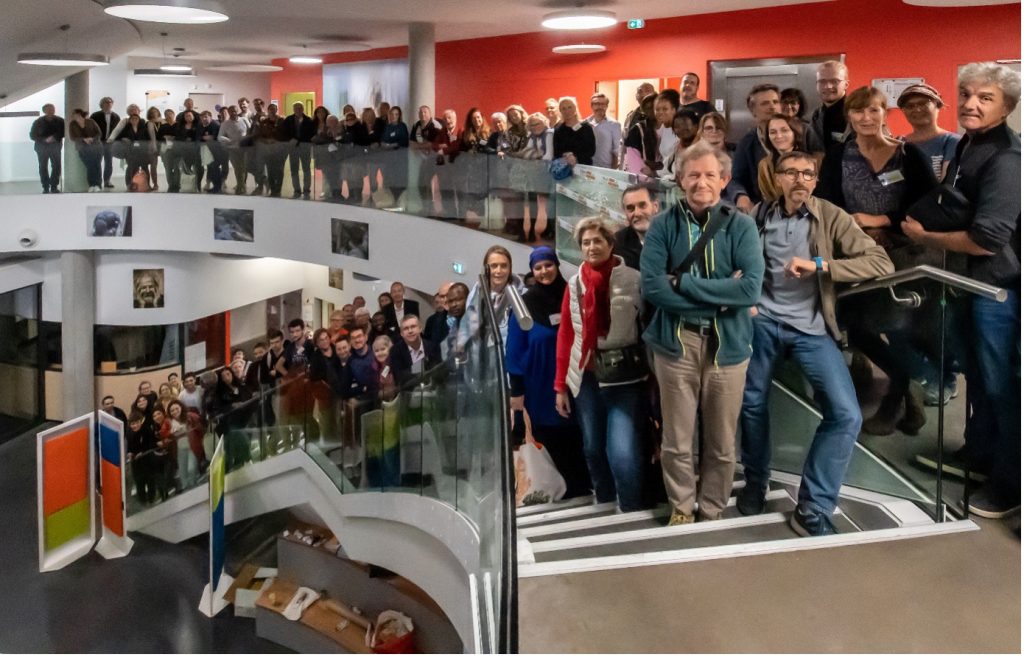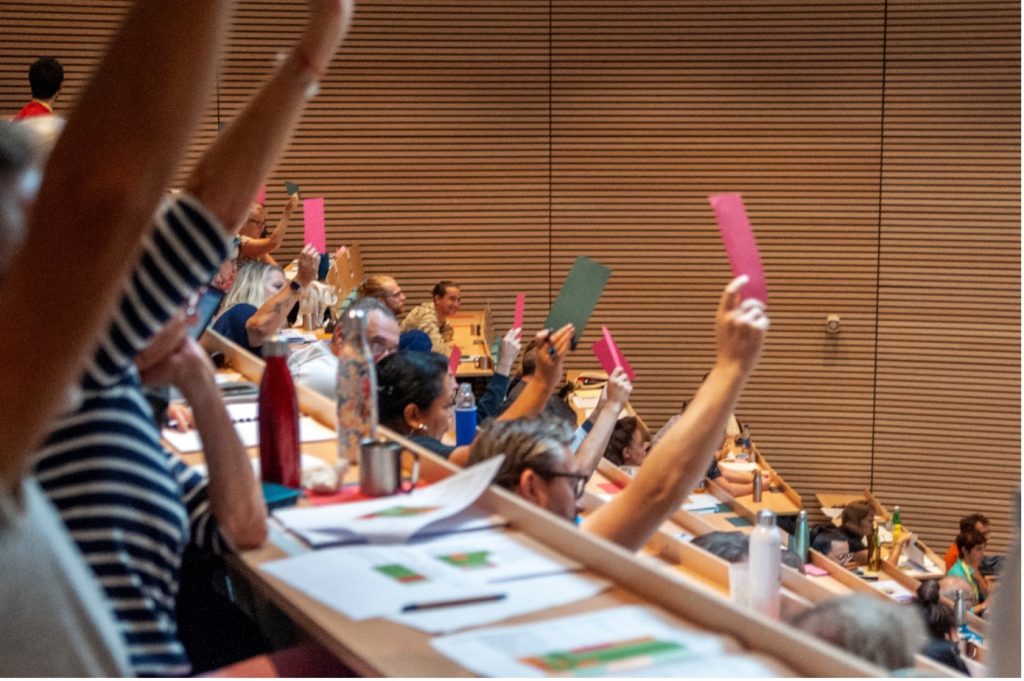Grenoble shows us how to meaningfully involve citizens in the transition
Grenoble’s Citizen Convention for the Climate as an inspiring case of local climate assemblies
In 2022, Grenoble Alpes Métropole, a metropolitan area consisting of 49 towns and villages with a population of 450,000, initiated a Citizen Convention for Climate to involve residents in its climate strategy. Grenoble Alpes Métropole is committed to achieving carbon neutrality by 2050 and compensating for remaining emissions through carbon sequestration. As part of their ambitious strategy, they set up a Citizens Assembly bringing together 100 residents from diverse backgrounds to tackle these two crucial questions: how to reduce greenhouse gas emissions by 2030 and achieving carbon neutrality by 2050.
The Convention focused on developing strategies for reducing emissions across all sectors, including changes in lifestyle and consumption habits. At the end of the process, the Convention outlined a concrete pathway for the metropolitan area to reach its carbon neutrality goal by 2050.
Structured Process and Inclusive Citizen Participation
The Convention was carefully structured to ensure diverse and balanced participation. Participants were chosen through a lottery system that considered geographic diversity and varying levels of environmental awareness. This process aimed to create a group that could represent the broader population of the metropolitan area.
From March to October 2022, the participants took part in five main working sessions, supplemented by additional meetings. These sessions were managed by an independent operational committee made up of academics from various disciplines. Over 100 hours of work, supported by input from scientific experts, NGOs, economic operators, and public officials, helped participants develop a comprehensive list of proposals.
Factors contributing to a successful Climate Assembly
Several key factors supported the effectiveness of the Citizen Convention for Climate:
- Existing Stakeholder Engagement: The convention benefited from Grenoble Alpes Métropole’s established culture of citizen involvement, which provided a solid foundation for the process.
- Political Support: The commitment of the Métropole’s leadership played a crucial role in driving the convention forward.
- Financial Resources: Funding from the French Agency for Ecological Transition (ADEME) was essential in covering the costs of the participatory process, including participant stipends and logistical expenses.
Challenges of setting up Citizen Assemblies
The Convention faced several challenges that highlighted areas for potential improvement:
- Planning and Coordination: The workload for various departments and municipalities could have been better anticipated, particularly for the implementation phase.
- Financial Considerations: While the Convention was successful, it was also costly. Expenses included participant stipends, travel, childcare, and compensations for the operational committee. Future efforts might consider more cost-effective approaches.
- Integration with Public Authorities: Closer coordination between the citizens and metropolitan departments during the sessions could have led to more realistic and actionable proposals.
- Scope of Focus: The Convention primarily addressed climate mitigation. Integrating this with climate adaptation efforts could have enhanced the overall impact. Additionally, exploring more flexible formats for citizen engagement might help align the process more closely with the technical needs of the metropolitan area.
Moving forward: What happens to citizens’ proposals?
The Citizen Convention for Climate produced 350 proposals, 80% of which were adopted for implementation by the Metropolitan Council. Beyond these proposals, the Convention sparked ongoing community engagement, with many participants continuing to advocate for climate initiatives in their local areas.
Grenoble Alpes Métropole plans to build on this experience by exploring other formats for citizen engagement, such as local climate debates. The Convention provides a practical example for other municipalities looking to involve citizens in their climate strategies, demonstrating the value of structured participation in addressing local environmental challenges.




How to replicate Grenoble’s experience?
Note: you will need to register to the NetZeroCities portal – easy and free – in order to access the case study, alongside other insightful examples and useful resources.

